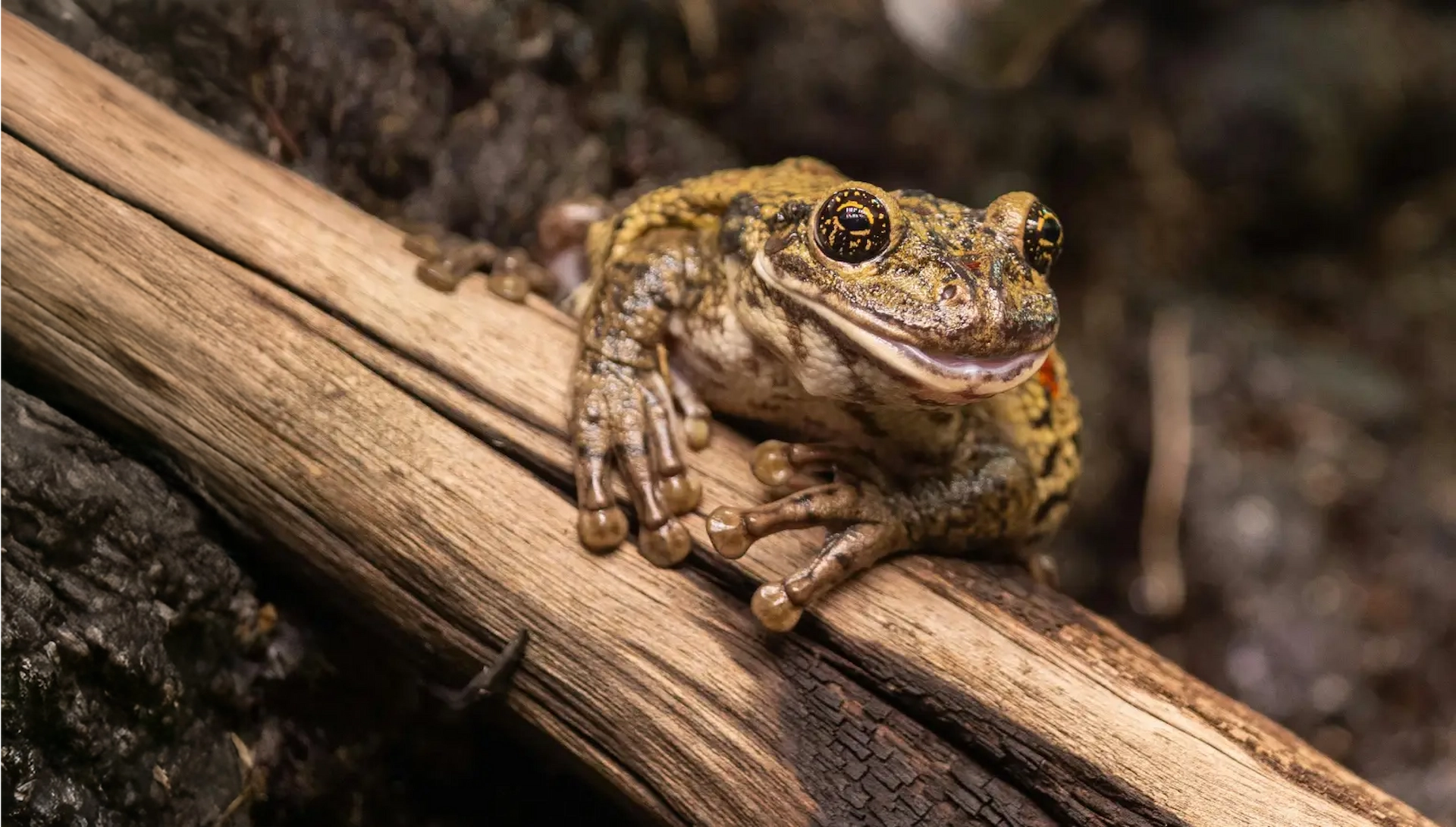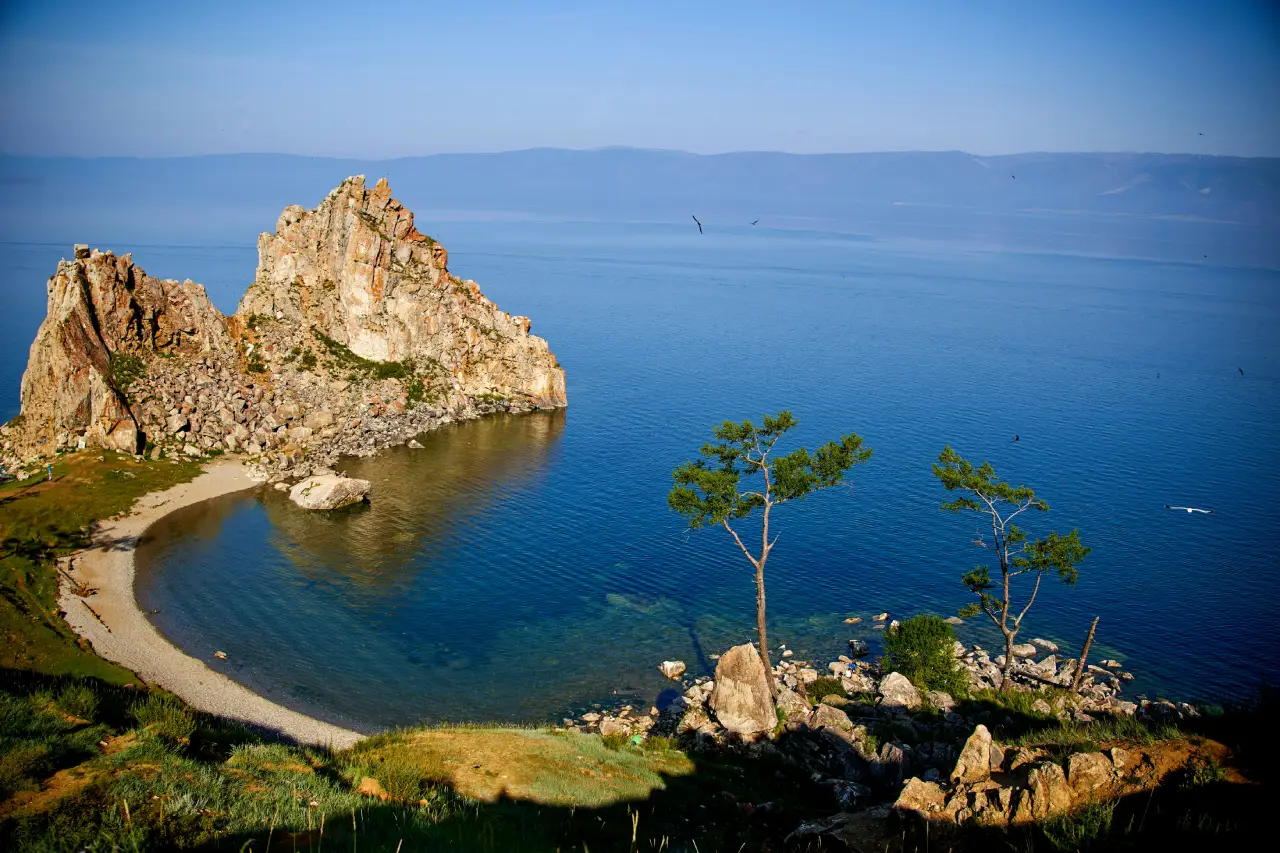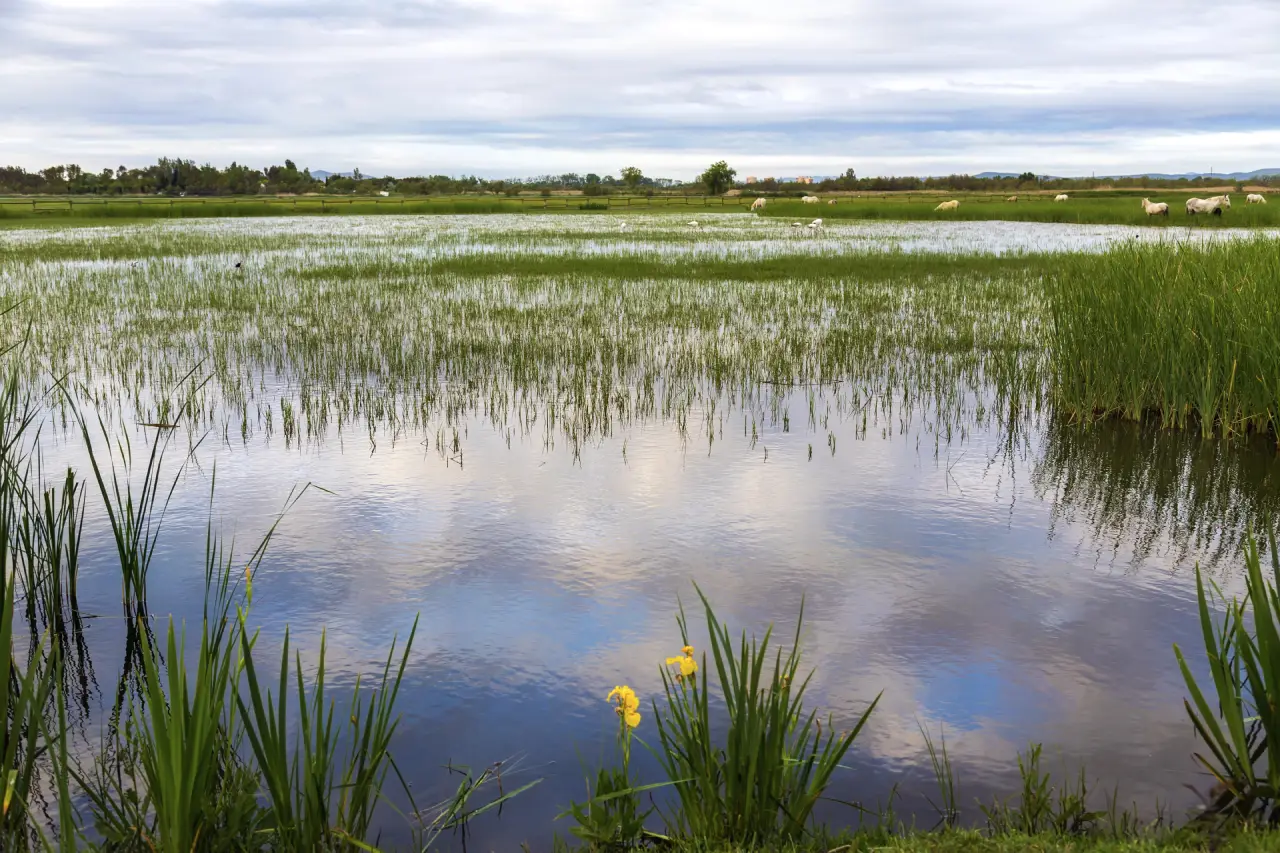Survival of Wood Frogs: Wood Frogs can survive even after most of the water in their body freezes!

For most animals and plants, freezing of the cells is dangerous. It can lead to frostbite, where ice crystals in the blood and other bodily fluids form sharp, jagged edges that can tear membranes apart. Water is necessary for the proper functioning of cells. Thus, cells can’t work properly when it turns to solid ice and may die.
But, this is not true for wood frogs and some related species. These amazing animals can withstand freezing temperatures by going into a sort of hibernation—a rest period with little to no activity. To put it in perspective, water freezes at 32℉ (0℃), and some wood frogs can survive temperatures of 26℉ (–3℃), 24℉ (–4℃), and even as low as 3.2℉ (–16℃). Up to 70% of the water in their bodies freezes, but they are still able to live through their frozen hibernation.
Wood frogs can withstand these freezing temperatures by building up their blood sugar and retaining urea, a component of urine, from their waste to lower the freezing point of their blood. This is similar to how salt works on an icy road, preventing further ice from forming. While the frog is frozen, its heart doesn’t beat, it does not breathe, and it appears dead. However, as the spring rolls around, the frog thaws out and starts hunting for food. Researchers are exploring how this phenomenon might be used for medical purposes in humans.






